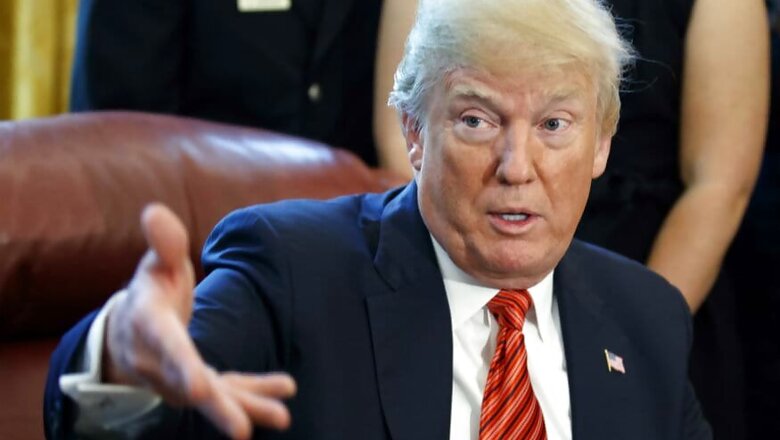
views
La Malbaie (Canada): Donald Trump made a shock call on Friday for Russia to be readmitted into the G7 as he headed for a showdown with America's closest allies at a summit set to be dominated by a roiling trade dispute.
Trump was to be the last Group of Seven leader to arrive in Canada for the two-day summit, and on Saturday he will probably be the first to leave, in a hurry to move on to his nuclear summit with North Korea's Kim Jong Un in Singapore.
But battlelines were drawn even before he arrived, in a series of dueling tweets and statements between Trump and his former friend President Emmanuel Macron of France over Washington's imposition of tariffs on imports from US allies.
And Trump caused more eyebrows to be raised by telling reporters that he wanted Russia - which was expelled from the group of the world's most industrialized nations after annexing Crimea - to be brought back into the fold.
"They threw Russia out. They should let Russia come back in because we should have Russia at the negotiating table," he said before boarding Air Force One.
With unmistakable symbolism, the fractious Western democracies were meeting on the same day that China's President Xi Jinping welcomed his Russian counterpart Vladimir Putin to Beijing and awarded him a friendship medal.
Three decades after the end of the Cold War, the G7 nations are split over trade, climate and multilateral engagements such as the Iran nuclear deal, and the US president seems more at home with autocrats than with Washington's traditional allies.
The "America First" president's broadsides before leaving Washington reinforced predictions that the G7 summit in Quebec might be the first such get-together to end without an agreed joint statement.
"All of these countries have been taking advantage of the United States on trade," he said before flying out. "We have massive trade deficits with almost every country. We will straighten that out. And I'll tell you what, it's what I do.
"It won't even be hard and in the end, we'll all get along." Host Canada and its European allies are striving to put together a united front to oppose Trump's opposition of tariffs of aluminum, steel, cars and other exports, but the markets are rattled.
European stock indices were down across the board today following a slump in Asia -- despite a week of largely strong gains in the wake of robust US jobs data and easing political headwinds in Italy and Spain.
Even Canada's Prime Minister Justin Trudeau and France's President Emmanuel Macron, who had tried to forge friendships with the unpredictable US leader, made it clear that they would prefer no consensus to a climb down on trade.
"The American President may not mind being isolated, but neither do we mind signing a six country agreement if need be," Macron said in a tweet.
"Because these six countries represent values, they represent an economic market which has the weight of history behind it and which is now a true international force." Trudeau told reporters that the US justification for the tariffs on steel and aluminum on national security grounds was "laughable," triggering a riposte from Trump on Twitter.
"Please tell Prime Minister Trudeau and President Macron that they are charging the US massive tariffs and create non-monetary barriers," he wrote late yesterday.
Macron is due to huddle with Britain's Theresa May, German Chancellor Angela Merkel and Italy's new Prime Minister Giuseppe Conte ahead of their talks with Trump, as Europe seeks to forge a common approach.
Merkel has said that it may be "more honest" for the G7 to avoid coming up with a joint statement at the end if it means compromising its principles.
The bilateral meetings precede a series of roundtable discussions before they tuck into a dinner of lobster, asparagus and maple leaves nestled on a brioche at the end of the first day of talks.
The summit is being held at a luxury resort in the French-speaking province of Quebec, more than two hours' drive from the provincial capital of Montreal, where more than 400 protesters faced off late yesterday against police.
Previous G7 summits have seen large-scale anti-globalisation protests, but even though he has made a populist criticism of global trade a major part of his appeal to voters, Trump was the main target of a protest as masked anarchists set fire to US flags and those of other bloc nations.















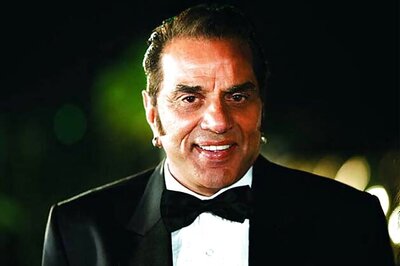
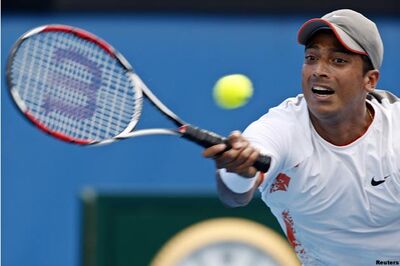
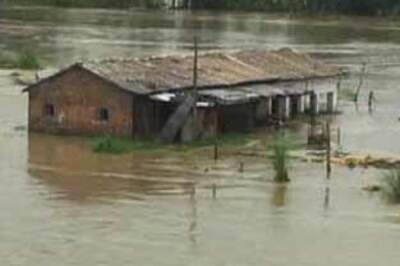
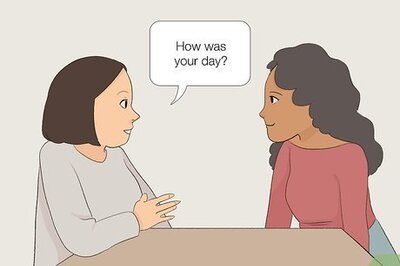
Comments
0 comment